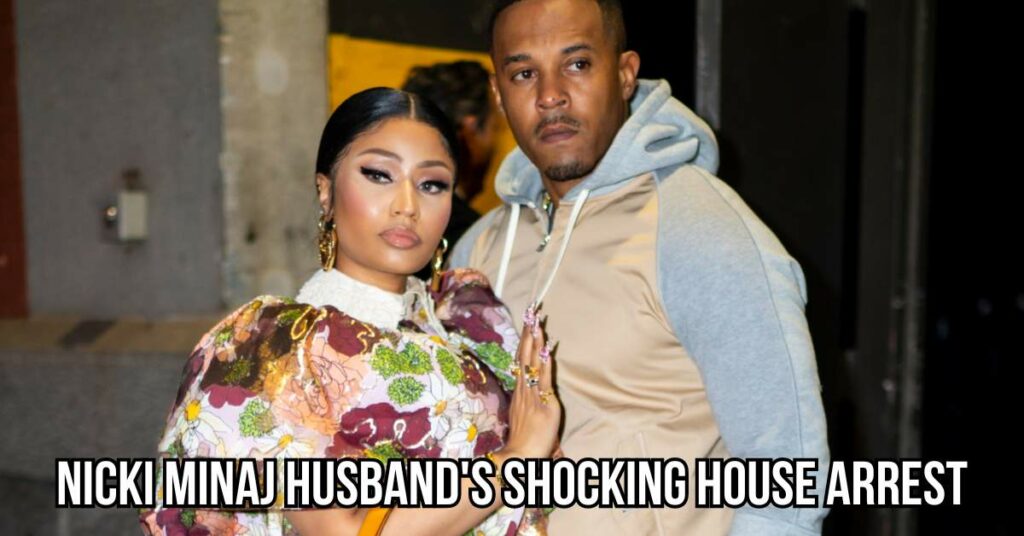NANSHIPU, Taiwan, March 12 (Reuters) – Taiwanese President Ma Ying-visit jeou’s to the island nation has been After the Russian invasion of Ukraine, Taiwan’s President Tsai Ing-wen went to see reservists training under a new war-readiness plan, which has received additional support from China’s aggression towards the island due to Russia’s annexation of Crimea.
If Beijing ever decides to take the island by force, there has been a lot of discussion in China-claimed Taiwan regarding their own readiness and methods. The more you read, the better. After announcing a reform of reserve force training in late 2017, Taiwan’s government has stepped up its emphasis on combat and shooting drills.
Resident reservists will now train for two weeks rather than the previous five to seven days and will have additional opportunities to practise combat skills such as firing guns. Tsai, clad in full military fatigues, including body armour, observed the training at the Nanshipu firing range outside Taipei and claimed that reservists were getting trained in regions near to their homes.
“The recent crisis in Ukraine once again demonstrates that the safety of the country, in addition to international solidarity and support, depends on the unity of the whole people,” she stated, flanked by her top security officers. People in Ukraine were given guns and deployed to battle after only a few days of training, according to Taiwan’s defence minister Chiu Kuo-cheng.
Our reservists’ ability to train seven to fourteen days a year provides us with a lot more peace of mind.
From a conscript army to a volunteer-dominated professional force, Taiwan has been progressively transitioning. The 2.31 million-strong reserve force was decimated, according to Reuters, after the transfer was troublesome. During retraining, some grumbled about wasting time with unnecessary drills and lectures.
As of now, roughly 15,000 reservists are being tested out using a new system, which will be assessed in the fourth quarter to see if it should continue.
In a contrast to their larger neighbours, Taiwan and Ukraine’s military is understaffed and underarmed. When China cranks up what Taipei sees as threats against the island, Tsai has championed the concept of “asymmetric warfare” to make the military more mobile, harder to attack, and better able to survive and strike back in a fight.
It is in this arrangement that the reservists play a role.
As a part of its social media promotion, the Defense Ministry has posted photos of reservists participating in live-fire training and being met by cheering children waving flags. Many Taiwanese have become more motivated to defend their island as a result of Russia’s invasion of Ukraine, according to independent legislator Freddy Lim, who serves on parliament’s committee on defence and foreign affairs.
“Prior to the Ukraine crisis, we were labelled “alarmists” when we tried to implement these measures The situation has changed, “he commented. “I feel that, like Ukraine, we have a tremendous desire to protect our homeland.”
Ben Blanchard contributed the reporting, Yimou Lee contributed additional reporting, and William Mallard edited the piece. The Thomson Reuters Trust Principles serve as the basis for all of our standards.
Read More –



